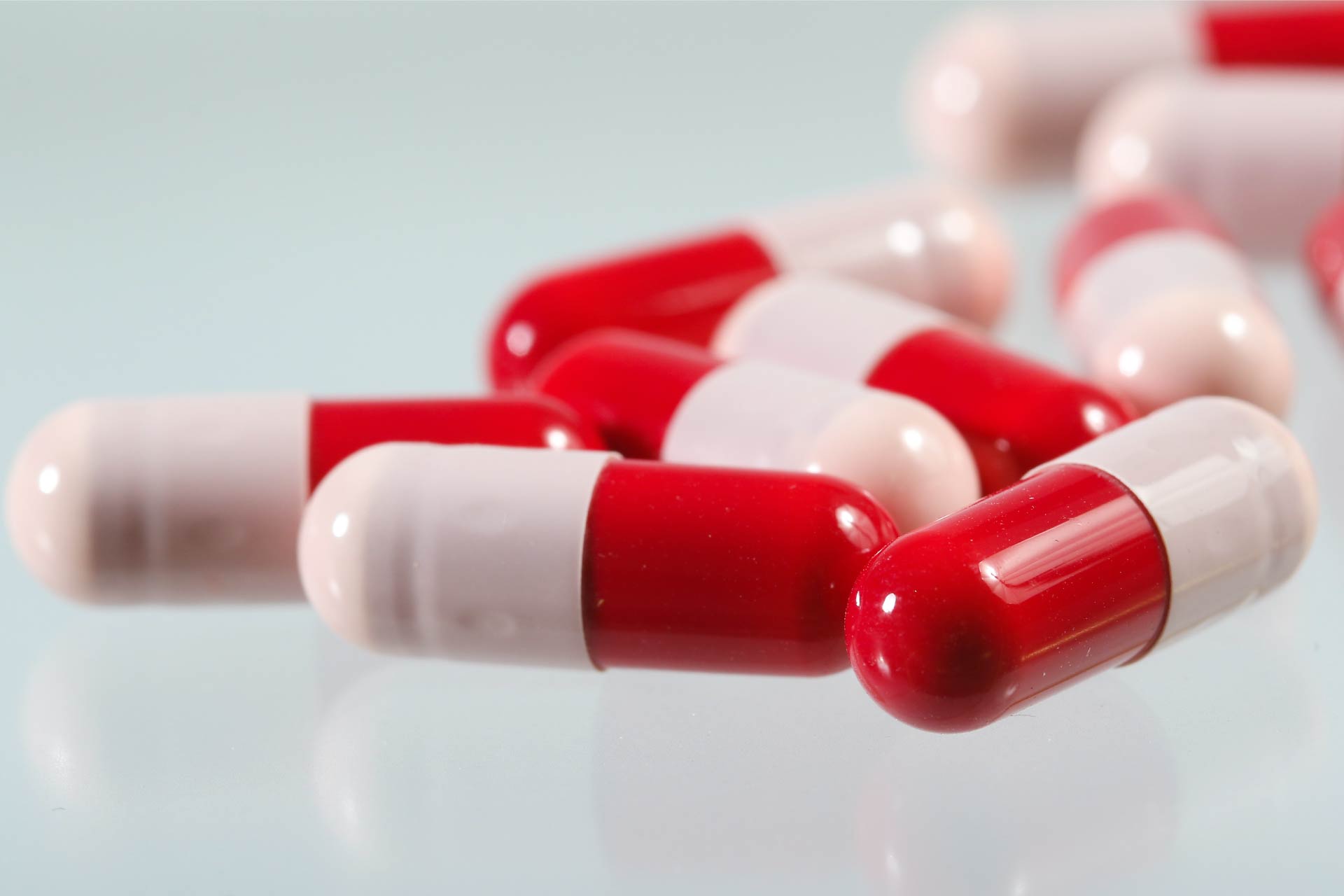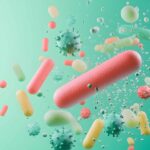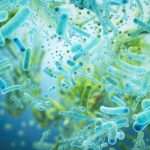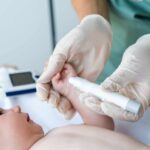• Diversity loss
• The role of diet
• Environmental factors
What is already known on this topic
Antibiotics alter the gut microbiota composition and increase an individual’s susceptibility to infection. But how gut bacteria respond to and recover from antibiotics remains unclear.What this research adds
By studying microbiota responses to antibiotics in mice, researchers found that antibiotics caused a loss of up to 70% of Bacteroidetes bacteria. A diet low in fiber delayed Bacteroidetes recovery from antibiotic treatment, whereas microbes from other mice facilitated recovery.Conclusion
The findings suggest that modulating factors such as diet and sanitation could help to prevent alterations of the gut microbiota composition during antibiotic treatment.
The recovery of the gut microbiota after antibiotic treatment depends on the host’s diet and on environmental factors such as microbes from other individuals, a study in mice shows.
The findings, published in Cell Host & Microbes, suggest that modulating factors such as diet and sanitation could help to prevent alterations of the gut microbiota composition during antibiotic treatment.
Antibiotics are known to alter the gut microbiota composition and increase an individual’s susceptibility to infection. But how gut bacteria respond to and recover from antibiotics remains unclear.
To address this question, Katharine Michelle Ng at Stanford University and her colleagues compared microbiota responses to antibiotics in germ-free mice that had been colonized with human gut bacteria.
Diversity loss
After treatment with the antibiotic streptomycin, the microbial load in mice’s gut plummeted rapidly but recovered after about one day. In particular, the proportion of Bacteroidetes—one of the most abundant bacterial families in the gut—dropped to less than 10% and it returned to pre-antibiotic levels by day two.
Similar effects were observed when researchers treated mice with the broad-spectrum antibiotic ciprofloxacin. In this case, the proportion of Bacteroidetes dropped to 10-25% but recovered after three days, remaining stable thereafter.
The role of diet
Antibiotics seemed to cause a decrease in the number of observed bacterial species. This effect was driven mainly by Bacteroidetes bacteria. In contrast, the diversity of Firmicutes—another common bacterial family—was only slightly affected.
However, antibiotic treatment also increased mucus in the gut, which helped Bacteroidetes to bounce back, as these bacteria use mucus to live.
Previous studies have shown that feeding mice a diet low in fiber thins the gut mucus. For this reason, the researchers hypothesized that a fiber-poor diet would hamper the recovery of Bacteroidetes by reducing the proliferation of mucus during antibiotic treatment.
Indeed, in mice fed a diet low in fiber, Bacteroidetes did not completely recover until after the end of the antibiotic treatment.
Environmental factors
In mice colonized with microbiota from a second human donor, who had a higher fraction of Bacteroidetes, antibiotics initially caused a loss of Bacteroidetes, similarly to what happened in mice colonized with microbiota from the first human donor. However, instead of a Bacteroidetes recovery during antibiotic treatment, the researchers observed that Lachnospiraceae bacteria bloomed to more than 70% on day three.
When the team housed these rodents together with those that had been colonized with microbiota from the first human donor, Bacteroidetes recovery was accelerated. By contrast, in mice that were housed individually, Bacteroidetes did not recover until after the end of the antibiotic treatment.
The findings show that microbes from other individuals can facilitate Bacteroidetes recovery in mice. They also suggest that the increased sanitation in Western society could negatively affect microbial recovery after antibiotic treatment, the researchers say.











